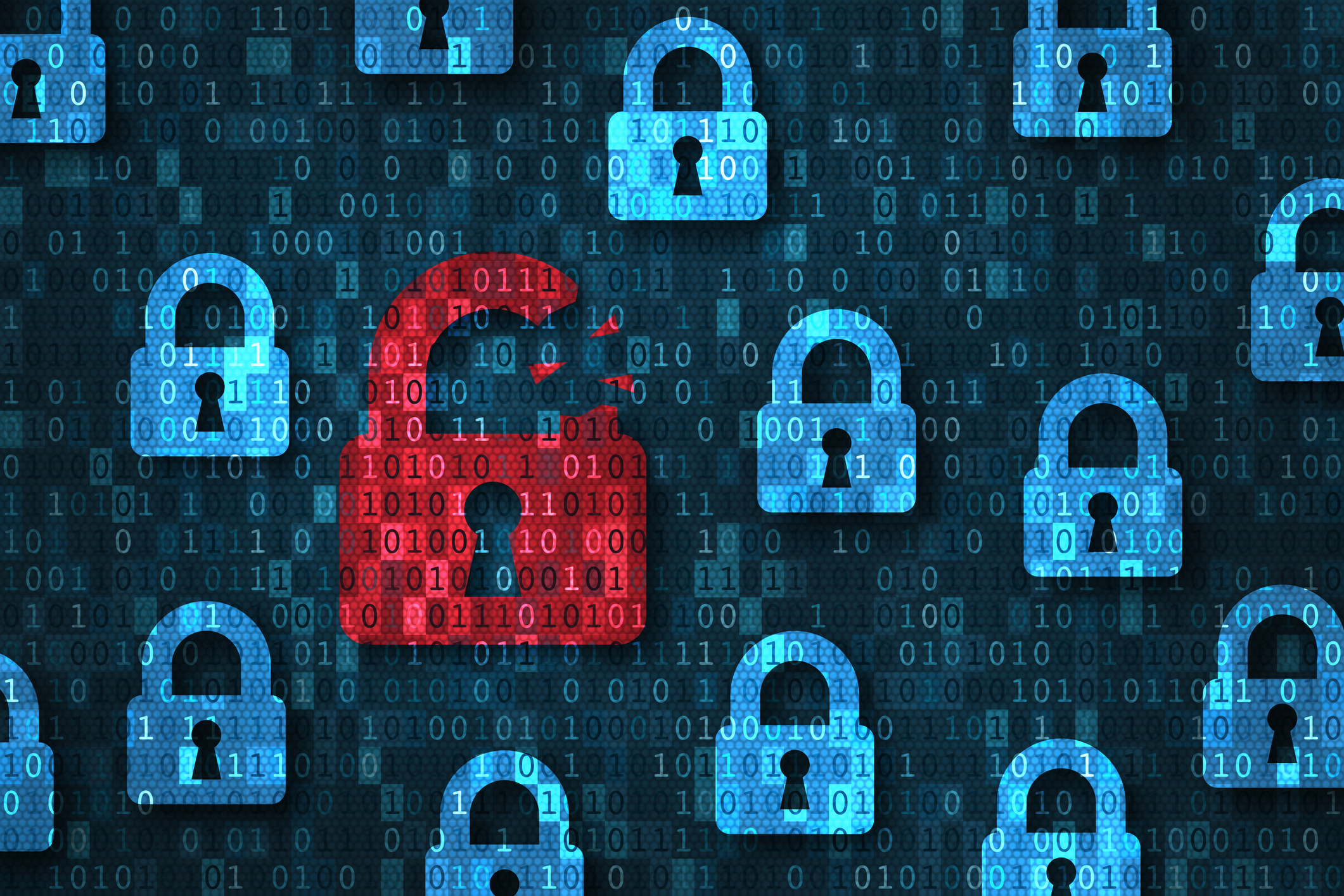Internet security is everyone’s responsibility

Internet security is a key consideration for individuals and families as well as workplaces, governments and education institutions.
For families and parents, internet security for children and members of the family is of major importance. In terms of our financial security, it is crucial that we protect information that can impact our personal finances. By installing security software on our computers, we are protecting precious personal information, including photos, as well as videos and music that we would have downloaded from the internet.
School administrations, staff and students know that the internet provides great learning opportunities as well as risks. Students, teachers and administrators should know that they should protect themselves and should also understand the connection between the world of the internet and the real world. Learning how to protect computers and how to behave on the internet helps lessen our vulnerability and create a more secure environment on the internet.
SMEs face critical challenges because of their limited resources and lack of knowledge. The rate at which technology is evolving is making it difficult to keep abreast of security issues. However, awareness of such issues and good planning help workplaces protect their intellectual property.
Central governments, Local Councils and other entities such as trade unions, maintain a huge amount of personal data and records on citizens or their members. Apart from this they also hold confidential information that could be targeted by hackers. Public entities can be threatened by an infrastructure that is not sufficiently secure and lack of knowledge. Better security helps public entities provide more reliable services, keep in touch with the citizen and protect sensitive information.
What should the role of each and every one of us be with regard to internet security? I think that it is important that we recognise the various types of threat that exist in the virtual world. When we are online, we need to keep the following in mind: stop, think, connect. Stop a moment. Think about how we are going to safeguard information and personal data before we act. Connect responsibly.
We sometimes receive malicious or fake emails that could damage our systems if we are not careful. One must be vigilant and not open messages or attachments from unknown sources. Even the passwords we create should be strong and hard to guess.
Apart from this, although social media offers many diversions and can help you stay connected, it can also create opportunities for theft of information or jeopardise someone’s identity or personal security. This is why we need to protect our identity on social media sites. Over all, we need to be assertive and not share information that can help others steal our personal identity.
